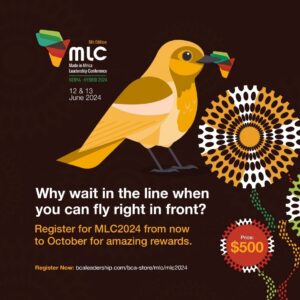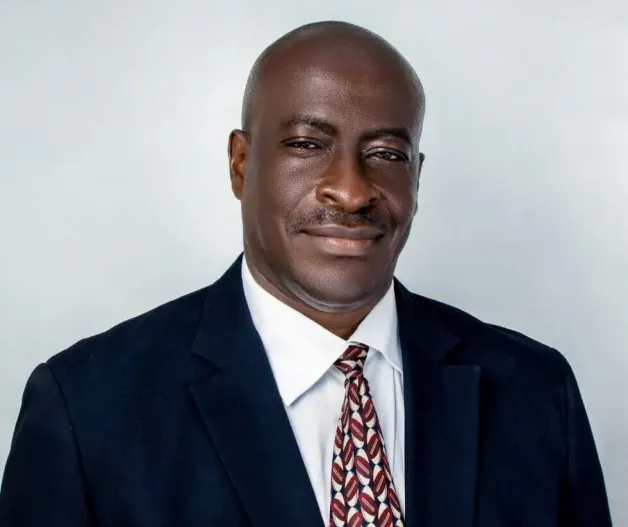On August 1, 2023, Donald J. Trump, former President of the United States, was indicted on charges of attempting to thwart the will of the American people (as expressed in their votes) to overturn the election results.
Mr. Trump attempted to thwart their will by getting the courts to discount their votes; when that did not work he attempted to get the electors (elected representatives that would certify the votes by state) to do what the courts had refused to do; when that did not work he attempted to get the secretaries of state to do what the courts refused to do and the fake electors were not allowed to do; when that did not work he attempted to get the United States Department of Justice to nullify the results by seizing the ballots and declaring them null; when that did not work he attempted to get his Vice-President, acting as the President of the Senate, to “throw out” certain states’ votes and thus declare the election results in Mr. Trump’s favor.
When all of these efforts failed, he influenced his supporters to march on Washington in an attempt to influence the Vice President and Congress to call the election results in his favor.
What is remarkable in this situation is that despite the immense pressure that was exerted on many people, some of them refused to bend to the will of the (then) sitting President. Despite the fact that some of them would personally gain or personally lose by refusing to acquiesce to the will of Mr. Trump, they recognized that making a choice to support the President’s wishes would be making a choice to thwart the foundations of their country’s democracy and would create the risk of civil disengagement and potentially unrest in their country.
These people could have chosen to go along with President Trump out of fear or greed; they chose neither. They could have simply looked the other way and allowed President Trump’s gang of election poaching lawyers to proceed (similar to Pontius Pilate washing his hands and leaving Jesus to the mob) but they decided that they could not stand by and become spectators in their nation’s democracy.
It appears that they chose to heed the words of their famous filmmaker, Michael Moore, who said “Democracy is not a spectator sport; it’s a participatory event. If we don’t participate in it, it ceases to be a democracy.”
In Africa’s largest democracy this February (2023), Bola Tinubu was declared the winner of the Presidential elections in Nigeria. This declaration was greeted with protests and claims of election fraud and counting malpractice by the opposition leaders (Chief Atiku Abubakar and Peter Obi).
The Chairman of the Independent National Electoral Commission (INEC), Mahmood Yakubu, declared Tinubu the winner after “having satisfied the requirements of the law”. Prior to 2023, Mr. Yakubu had conducted several elections as he has been the Chairman of INEC since 2015. The presidential election he conducted in 2019 was criticized by the opposition for alleged irregularities such as voter suppression and vote buying.
In Sierra Leone on June 28, President J.M. Bio was sworn in as the President of Sierra Leone four days after an election that was widely criticized for vote-counting irregularities and a lack of transparency about the voting results. In addition to the expected protest from the losing party candidate (Dr. Samura Kamara), international observers and the National Election Watch (NEW), a domestic observation group.
NEW conducted a parallel vote tabulation (PVT) that had significant disparities with the official results and the unwillingness of the Electoral Commission of Sierra Leone (ECSL) led by the Chairman, Mohamed Konneh, to release the breakdown of the results has amplified the cries of vote-counting malfeasance in Sierra Leone. Despite the lack of transparency the Chief Justice of Sierra Leone swore in President Bio within three hours of Mr. Konneh declaring him the winner of the election.
It was Josef Stalin who is reported to have once said, “Those who vote decide nothing. Those who count the votes decide everything.”
What is noteworthy about these afore-mentioned elections is that democracy (government of the people by the people and for the people) requires institutions (e.g., the judiciary, police, elections commissions) to perform their roles effectively for the will of the people to be sacrosanct.
Institutions are led by leaders who are required to demonstrate the courage and patriotism necessary to ensure that their allegiance to the will of the people supersedes any allegiance they may have to an individual or a political party or to themselves.
This demonstration of courage and patriotism can sometimes come at painful personal cost. In Kenya in 2017, Chris Msando, the head of information, communication and technology at the Independent Electoral and Boundaries Commission (IEBC), the main body overseeing the polls, was found on the outskirts of Nairobi on Saturday but news of his death was released 48 hours later. Msando had a key role developing a new electronic ballot and voter registration system at the IEBC; he was tortured before he died.
This happened nine days before the election day in Kenya when voters would be asked to choose a new President between the contenders, Uhuru Kenyatta and Raila Odinga, in an election that was expected to be very close. It is believed that the issue of control of the vote counting would be significantly influenced by the transparency created by the electronification of the ballot system and Msando, as the head of the system, would be in a position to either cause the will of the people of Kenya to be sacrosanct or to allow others to thwart the will of the Kenyan people.

Great leadership requires courage. Great leadership requires sacrifice. Great leadership requires integrity. Great leaders are required for Africa to live up to its full potential and become a great continent whose people have access to world class education, world class healthcare, world class infrastructure, world class jobs, and world class living standards.
Dear African leader, are you ready to be a great leader? Then demonstrate these qualities in your company, community, and country. Engage in your democracy. Vote and assist in protecting the vote of all citizens. The future of your country depends on your willingness to engage meaningfully in your country’s democracy. Great countries were built by ordinary men and women like you that made a choice to do extraordinary things because they were convinced that their choices matter.
Your choice matters.
>>>the writer is a scholar and practitioner of organizational development and leadership and a leadership Coach and Facilitator. Over the past three decades, he has successfully coached and trained leaders in Africa, North America, and Europe. His passion for leadership enhancement was born out of his experiences as a cadet in the U.S. Military Academy (West Point) and as a military officer serving in combat in the Sierra Leone Civil War where he was shot twice. As the only Sierra Leonean with a Ph.D. in Leadership, Modupe was the founding Dean of the African Leadership University School of Business, an institution providing a Pan-African MBA degree to Africa’s mid-career professionals. He is the Founder and CEO of BCA Leadership (www.bcaleadership.com), an organization that has impacted over 3000 African leaders with coaching and knowledge-sharing services. He leads a team of thirty-two Coaches across Africa and he is the curator of The Made in Africa Leadership Conference. Contact Modupe through email at [email protected]
To register for The Made in Africa Leadership Conference scheduled for 12 & 13 June, 2024 in Nairobi in Kenya, visit www.bcaleadership.com










